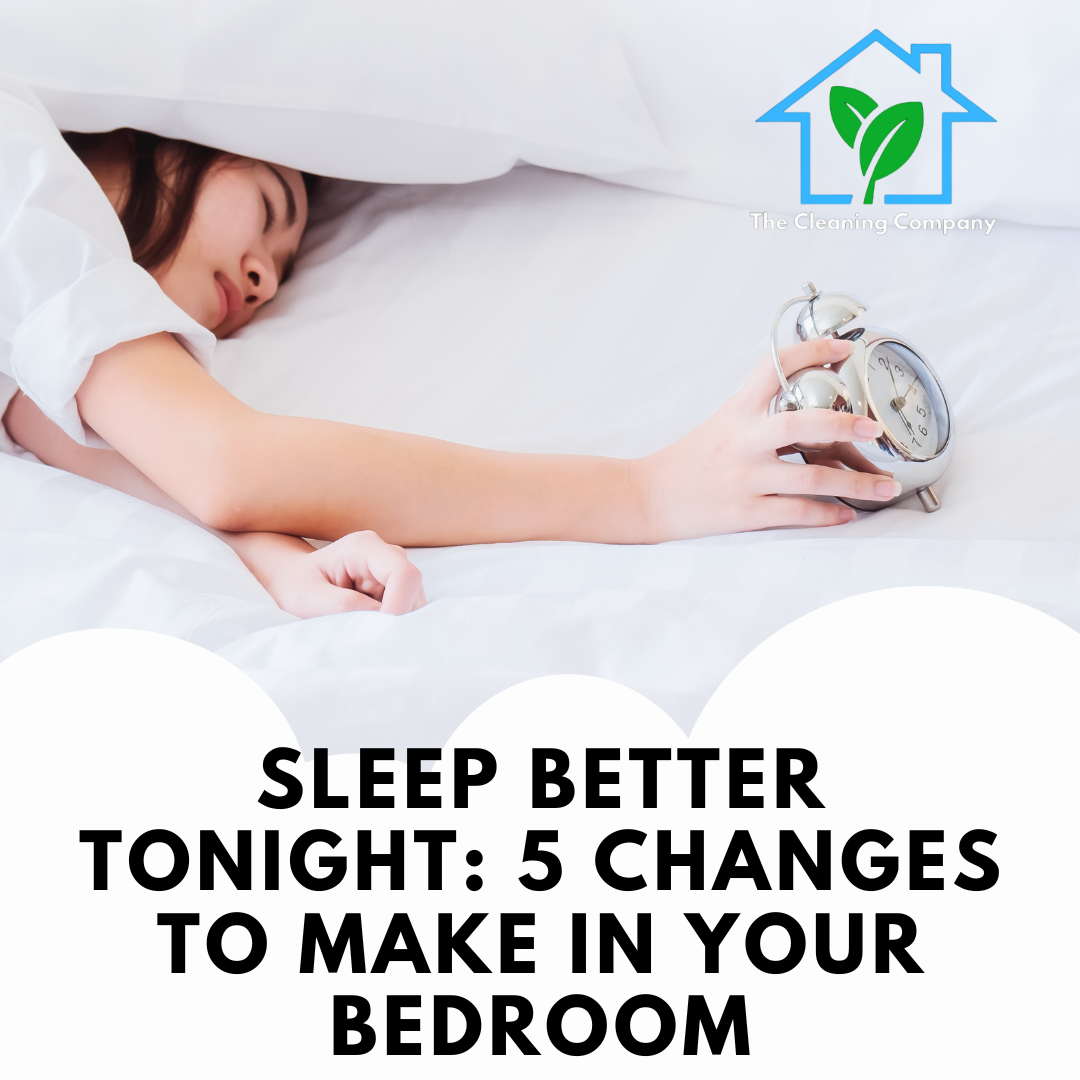
Sleep Better Tonight: 5 Changes to Make in Your Bedroom
Share
A good night's sleep is essential for overall health and well-being, yet many people struggle with getting quality rest. If you find yourself tossing and turning at night, your bedroom environment might be the culprit. Here are five simple yet effective changes you can make to your bedroom to improve your sleep quality tonight.
1. Optimize Your Mattress and Pillows
Your mattress and pillows play a crucial role in how well you sleep. A worn-out mattress can cause discomfort and body aches, making it harder to relax. Consider upgrading to a mattress that suits your preferred sleeping position—whether you need firm support or a softer cushion. Likewise, choosing the right pillow based on your sleeping style (side, back, or stomach) can make a significant difference in reducing neck and back pain.
Quick Tip:
-
Replace your mattress every 7-10 years.
-
Use pillows designed for your sleep position for better spinal alignment.
2. Control the Room Temperature
Your body temperature naturally drops as you fall asleep, and a room that is too hot or too cold can disrupt this process. The ideal bedroom temperature for sleep is around 60-67°F (15-19°C).
Quick Tip:
-
Use breathable bedding materials like cotton or linen to regulate body temperature.
-
Consider a fan, humidifier, or space heater to maintain a comfortable sleep environment.
3. Reduce Light Exposure
Light, especially from electronic devices, can interfere with your body's production of melatonin, the hormone that regulates sleep. Even small amounts of light can disturb your sleep cycle.
Quick Tip:
-
Use blackout curtains to keep your room dark.
-
Avoid screens (phones, tablets, TVs) at least 30-60 minutes before bedtime.
-
Switch to warm, dim lighting in the evening to signal your body that it's time to wind down.
4. Minimize Noise Disruptions
Noise pollution, whether from outside traffic, household members, or electronic devices, can prevent you from falling into a deep sleep. Even low-level sounds can disturb your rest.
Quick Tip:
-
Use white noise machines or calming sleep sounds to drown out disruptive noises.
-
Consider using earplugs if you're sensitive to sound.
-
Place heavy rugs or curtains in the room to absorb unwanted noise.
5. Declutter and Create a Calming Atmosphere
A messy and cluttered bedroom can lead to stress and anxiety, making it harder to unwind. A clean and organized space promotes relaxation and a sense of calm, which are essential for good sleep.
Quick Tip:
-
Keep your nightstand free of clutter.
-
Use calming colors like blue, green, or lavender for a soothing effect.
-
Incorporate aromatherapy with lavender or chamomile essential oils to promote relaxation.
Bonus Trivia:
Did you know that your sense of smell can influence your sleep quality? Studies show that certain scents, like lavender, can help slow down your heart rate and improve deep sleep stages!
By making these small yet effective changes to your bedroom, you can create a sleep-friendly environment that promotes rest and relaxation. Start implementing these tips tonight and wake up feeling refreshed and rejuvenated!
Do you have a favorite bedtime routine or sleep hack? Share it in the comments below!